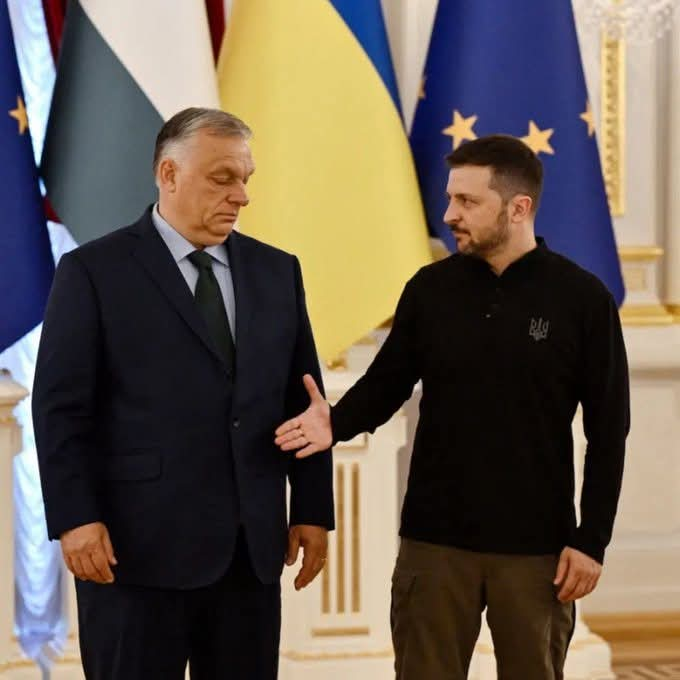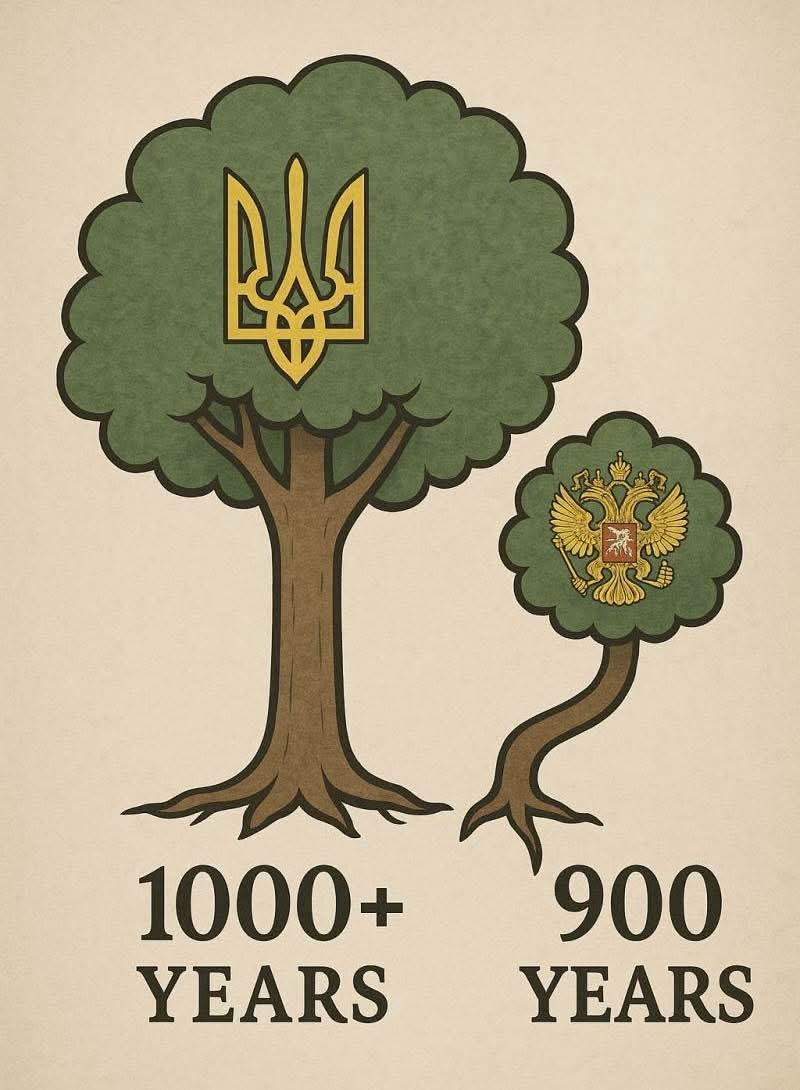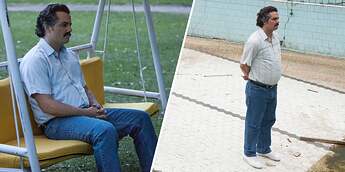O @Monaka já se está a preparar para a chegada dos russos
Mais um dia no mundo distópico da Rússia.
O @Monaka desde que o seu ídolo No New Wars bombardeou o Irão (para nada diga-se), anda caladinho que nem um rato. O blog e o tópico só podem agradecer essa ausência ![]()
https://x.com/NOELreports/status/1939067064523628924?s=19
https://x.com/Gerashchenko_en/status/1938941988344057944?s=19
O Orban parece um gorila
Foi de tanto mamar na teta da UE. Tudo para o bolso dele.
Russia is not over 1,000 years old, as some claim. At most, it is 900 years old — if we count from the establishment of the first political unit in the area of Moscow. The Vladimir-Suzdal Duchy, founded in 1125, is where we should begin the political history of the country now known as Russia. Before the arrival of colonizers from Kyiv, the region was mostly inhabited by Finnic tribes.
Rus’ began in Kyiv in the 9th century, which makes Ukraine its direct descendant, while Russia is more of a spin-off — a branch heavily influenced by the Golden Horde. Moscow was under Kyivan Rus’ influence for barely 100 years, but it remained under the rule of the Golden Horde and other Turkic powers for over 400 years. This raises the question: from whom did they actually inherit most of their political culture and traditions?
We don’t say that the United States began with the Kingdom of Wessex in the 6th century. We don’t say Argentina started as the Kingdom of Aragon in 1035. Or that Brazil was founded in the days of the Portuguese Reconquista. You get the point. We draw a clear line between the colonizing civilization and the colony that later gained independence and went its own way.
Likewise, Russia did not begin with Kyivan Rus’. It was a remote colony, and that does not make it the heir to Kyivan heritage. In fact, prior to 1721, the country wasn’t even officially called “Russia” — its name was “Moscovia.” They renamed themselves after conquering Rus’-Ukraine, in a deliberate attempt to appropriate its history. Sadly, many people still fall for that story.
When I pass by the 1,000-year-old St. Sophia Cathedral — built while the area of Moscow was still populated mostly by bears and frogs — and then hear someone talk about “Russia’s 1,000+ year history,” I honestly shudder. That is Ukrainian history, not Moscow’s.
The trident was the coat of arms of Volodymyr the Great of Kyiv (who reigned from 978 to 1015). The double-headed eagle, often cited as Russia’s imperial symbol, wasn’t even originally Muscovite — it was appropriated from Byzantium after its fall. Tsar Ivan IV, “the Terrible,” even fabricated a story claiming he was a direct descendant of Julius Caesar. Naturally, that was fake — like so much else in their official mythology.
Author: Volodymyr Kukharenko
Entretanto, o monakinha á espera que a Ucrânia desista de resistir á invasão ruzza para aparecer com o seu “agora é que vocês vão levar comigo!”…


